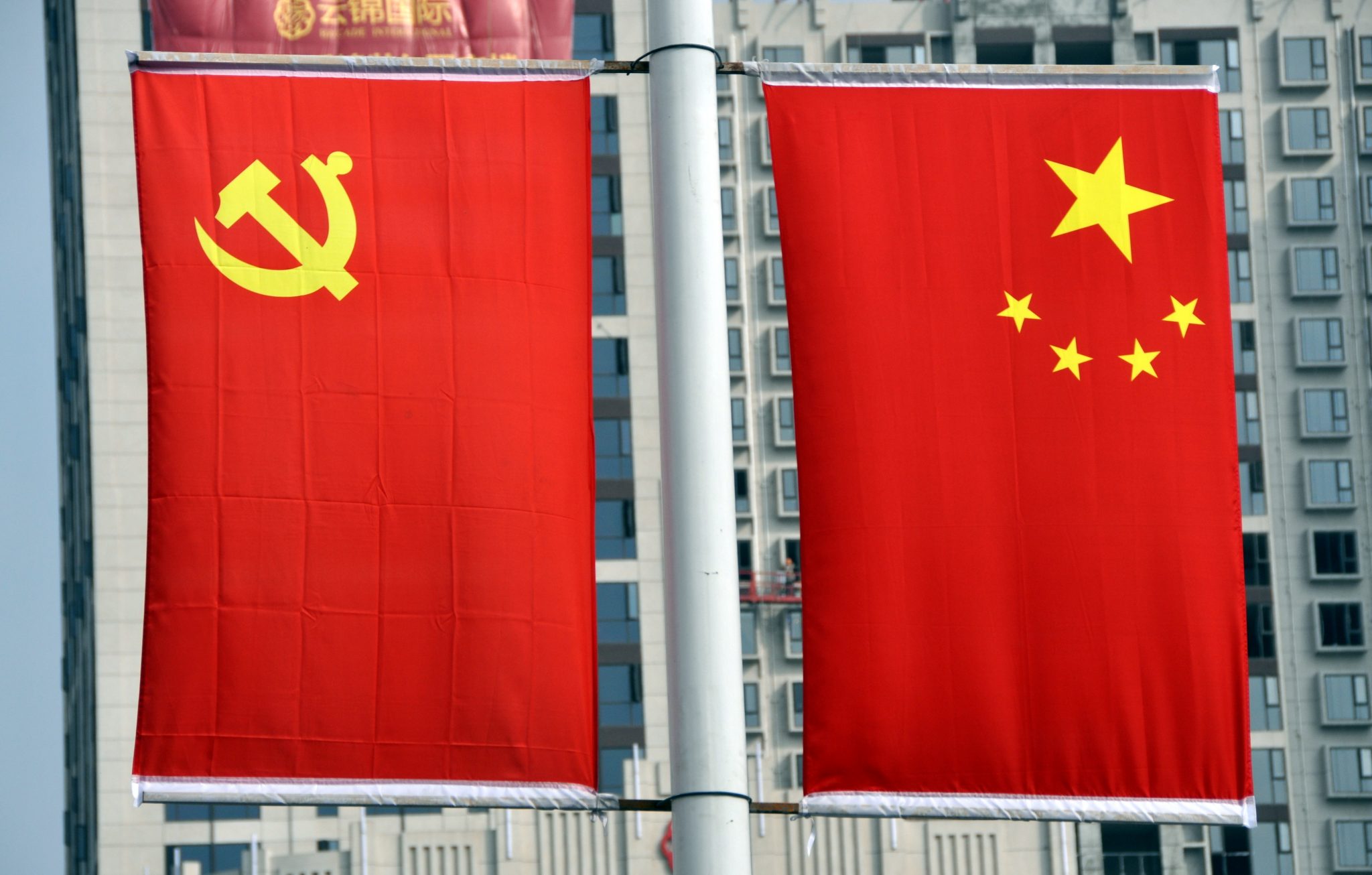Emerging Technologies Fellow Lindsay Gorman joined a group of experts to discuss Zoom’s recent episode where it blocked accounts at Beijing’s request and whether or not it’s possible for foreign companies with a presence in China to maintain their stated commitments to norms and values that China’s government rejects.
In the lead-up to the 31st anniversary of the Tiananmen Square demonstrations this spring, Zoom, the U.S.-based company whose online meeting platform has rocketed to global prominence amid the coronavirus pandemic, received requests from China’s government to help it suppress commemoration of the June 4, 1989 massacre. Zoom acceded to this request, blocking Zoom accounts affiliated with two prominent Tiananmen activists—Wang Dan and Zhou Fengsuo—both of whom live in exile in the United States, as well as a Hong Kong-based account used by Lee Cheuk-Yan, a former Hong Kong legislator and longtime labor activist who was a key progenitor of the territory’s annual Tiananmen vigil. After Axios broke the news of the shuttering of Zhou’s and Lee’s accounts last week, Zoom issued a public statement explaining that, in order to ensure “compliance with local laws,” it had also shut down three memorial meetings on its platform, after “Chinese authorities demanded we take action,” as Zoom put it, because the meetings were being attended by Zoom users in mainland China.
When it comes to straddling the differences between open democracies and China’s repressive censorship regime, the “one company, two systems” approach is not new, Emerging Technologies Fellow Lindsay Gorman argues. But three things about this particular episode of attempting to do the splits make it unique.


